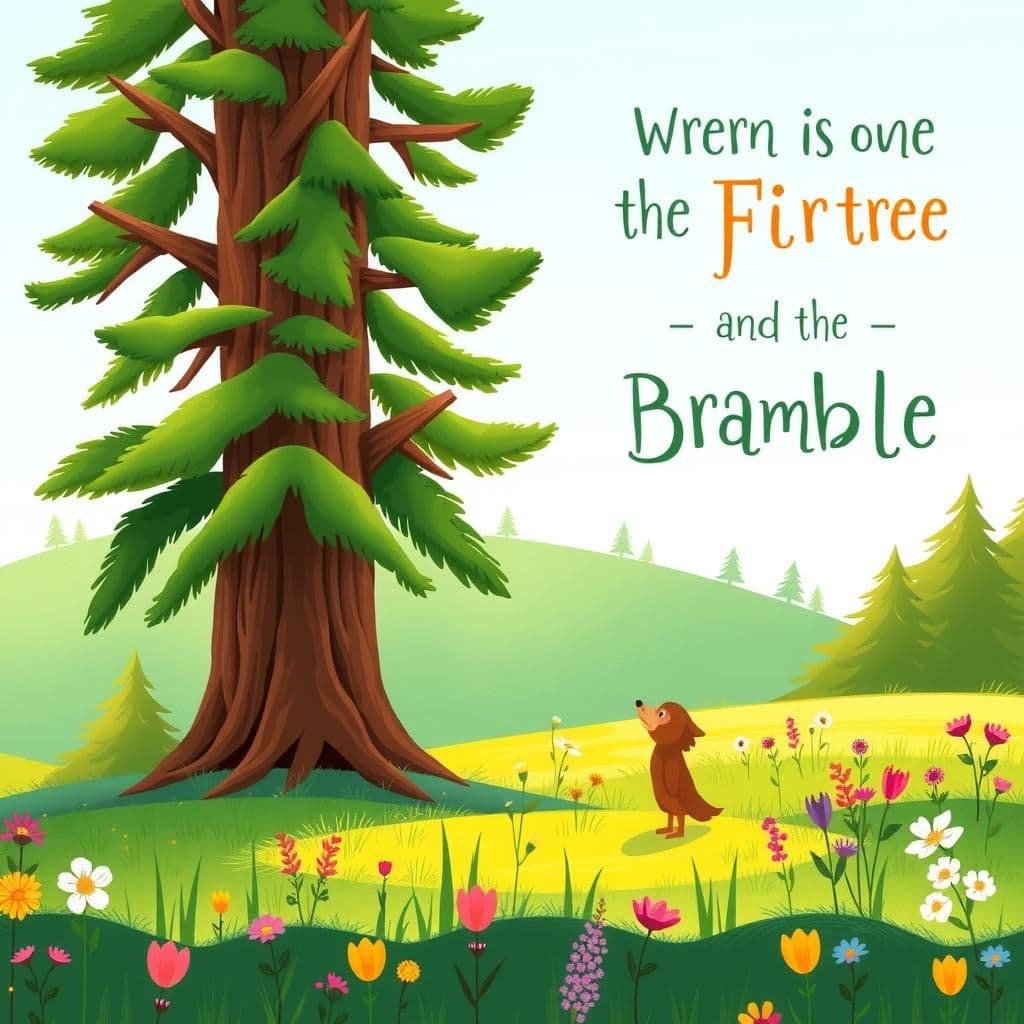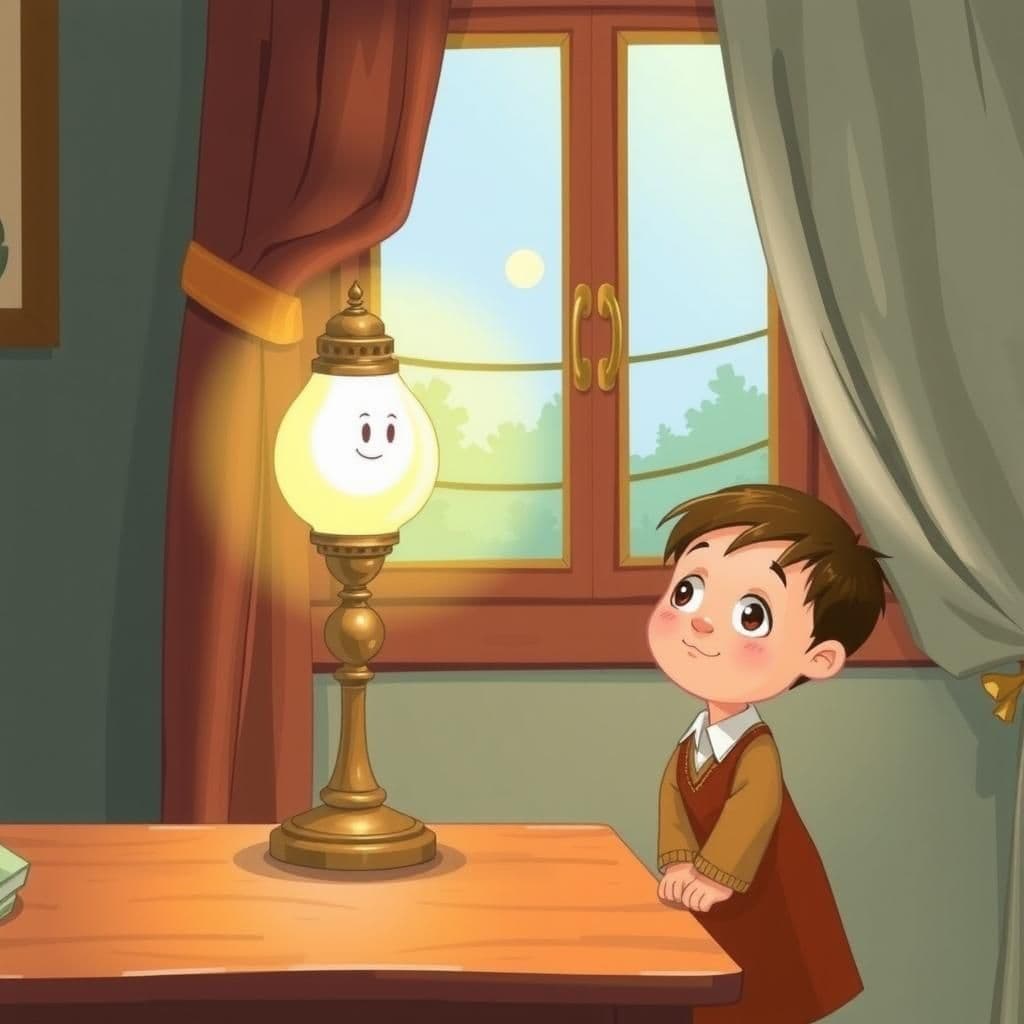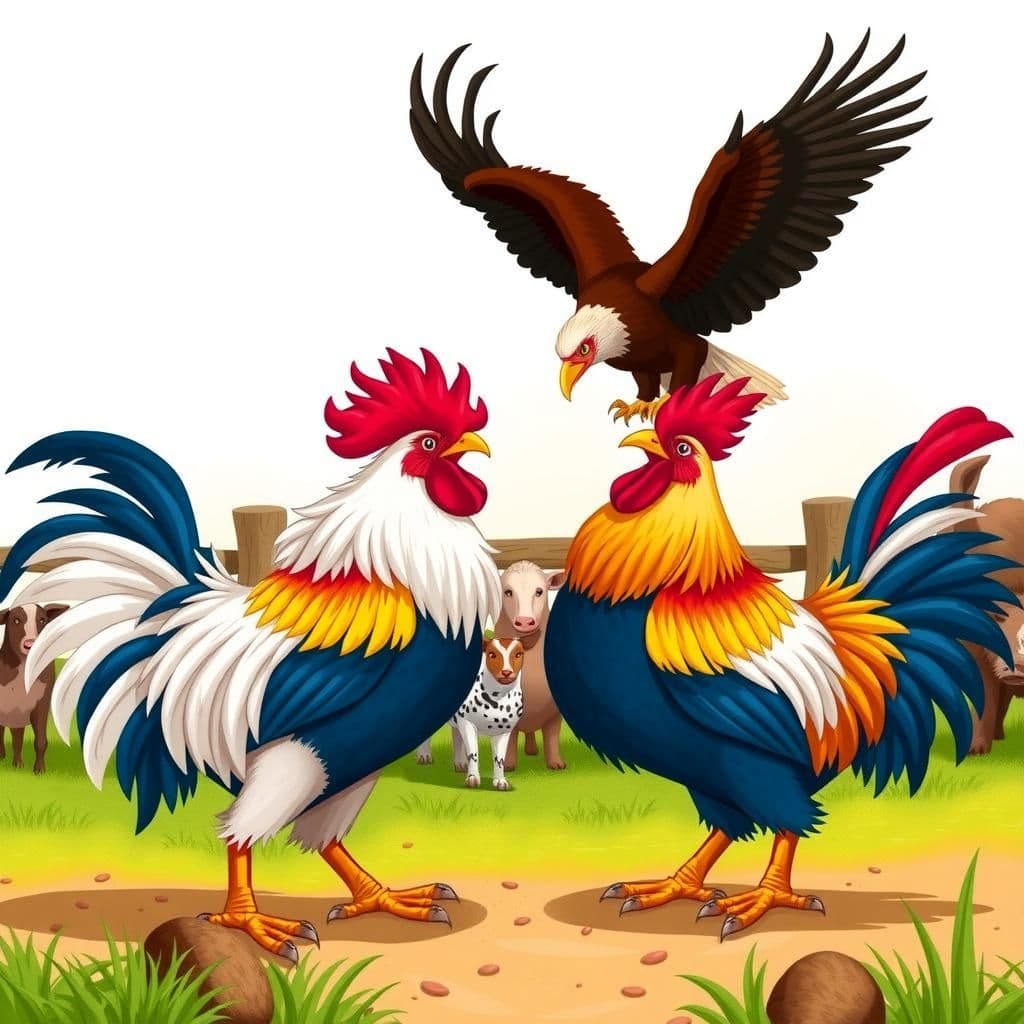The Fir Tree and the Bramble
In "The Fir Tree and the Bramble," a Fir Tree boasts about its utility in construction, while the Bramble warns it of the dangers of being cut down. This timeless moral story teaches that a simple, carefree life is preferable to one burdened by the weight of wealth and usefulness, making it a valuable addition to childhood stories with moral lessons and short stories for students with moral insights.

Reveal Moral
"The moral of the story is that it is better to live a humble life free from worries than to be in a position of perceived importance that invites danger and distress."
You May Also Like

The Ass Carrying the Image
In this life-changing story with a moral, an ass, proud and stubborn, mistakenly believes the crowd is admiring him as they bow before a wooden image he carries. Refusing to move until his driver chastises him, the tale highlights the folly of taking credit for the achievements and reverence due to others, making it a compelling quick read story with moral lessons. This creative moral story illustrates the importance of humility and recognizing the true sources of admiration.

The Lamp
In "The Lamp," a boastful lamp, overly confident in its brightness, claims to outshine the sun but is quickly extinguished by a gust of wind. After relighting it, its owner imparts a life lesson, urging the lamp to embrace humility and provide light quietly, reminding it that even the stars do not need to be reignited. This simple short story conveys a timeless moral found in many famous fables, illustrating the importance of modesty in our pursuits.

The Fighting Cocks and the Eagle
In this captivating moral story, two game cocks battle for dominance in a farmyard, with one ultimately emerging victorious. However, the conqueror's pride leads to its capture by an eagle, allowing the defeated cock to take over without challenge. This wisdom-packed tale illustrates that pride often precedes one's downfall, serving as a concise moral lesson in humility.